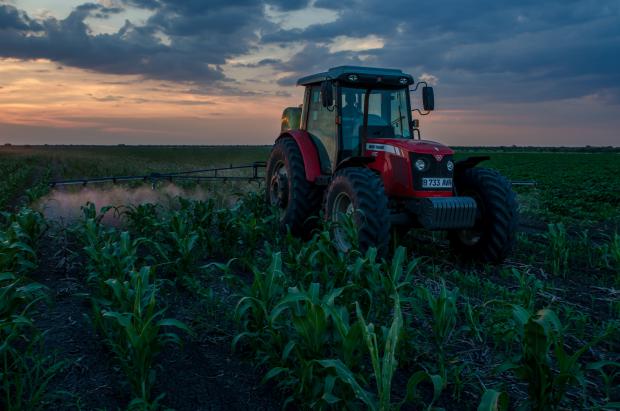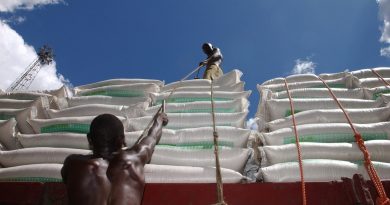Sustainable Intensification, a Panacea to Botswana Agricultural Productivity
Botswana’s agricultural productivity is low and is declining. This is despite massive investment in agricultural inputs such as fertilizers, hybrid seeds, pesticides as well as subsidies by government. The country faces the challenges of producing enough food to feed its population while exploiting business opportunities availed by the need to feed the growing global population.
Sustainable Intensification of Agriculture (SIA) has been proposed as a framework to produce increased quantities of food from the same natural resources without adverse effects on the environment, society and the economic viability of the agricultural sector. SIA offers Botswana the opportunity to increase yields through the efficient use of inputs and technologies to fully manage the country’s limited arable land base. About 80% of Botswana is a desert.
Agriculture is critical for Botswana’s attainment of Vision 2036 and three of the UN Sustainable Development Goals (UN SDGs): SDG 1; No Poverty, SDG 2; Zero Hunger and SDG 12; Responsible Consumption and Production to feed the world population of 9-10 billion by 2050. These goals mean that every country should increase food production by 60-110%, but this will put pressure on the already depleted global natural resources (land, water and energy).
Adoption of environmentally friendly practices is considered a solution to increased agricultural productivity and biodiversity in developing countries. In 2016 the World Bank ranked Botswana at 129th of 155 countries in global agricultural productivity, way below Iraq at number 40, Swaziland at 90, Namibia at 97, and Democratic Republic of Congo at 115.
This is despite the country’s increased usage of fertilizers, pesticides and hybrids per hectare of arable land under cultivation. Production has declined while use of arable land increased from 182 000ha in 2007 to 399 000ha in 2014, fertilizer usage increased from 13 631 tonnes in 2009 to 21 156 tonnes in 2014 and almost all farmers plant hybrids seeds. However, agricultural productivity continues to decline. This is very unsustainable considering Botswana’s ecological limitation particularly the availability of arable land base. Thus, SIA offers a remedy to the challenges of agricultural productivity.
The SIA solutions are to focus on efficiency gains through innovation, smart agricultural practices and indigenous knowledge that allow for the full utilisation of the limited resources to increase yields.
The efficient use of biotechnology and investment in research and development has been highlighted as areas in which Botswana lags behind. Moreover, there is a need for synergies between policy-makers and farmers, particularly smallholders, who are directly affected by ecological limitations and impacts of climate change.
Indigenous knowledge and local innovations provide low-cost means of sustainability that the government needs to support. For example, the planting of chilli peppers, tobacco and bee hive barriers project initiated to control invasion of elephants on arable land was a resource efficient practice that had the potential of improving the welfare of smallholder farmers while maintaining the country’s wildlife.
The project failed mainly due to lack of commitment and coordination from farm to ministerial levels to define and set measurable targets. The use of local authorities as well as traditional institutions should also be considered as a way of strengthening the role of smallholder farmers in the food system.
This will enable the voice of smallholders to be heard when formulating the country’s agricultural policy and resource management initiatives. Such initiatives are critical for increasing our agricultural productivity through maintenance of ecosystem services and biodiversity.
Moreover, SIA is not limited only to the production side of food systems; it also considers the balance between demand and supply of food. Thus, through the framework, Botswana will be able to distribute sufficient food to disadvantaged communities consequently combating food waste, improving access to nutritional and healthy food while exploiting the value chain. The success of SIA depends mostly on the political will to assist in the formulation and implementation of the many research policies that advocate for the integration of SIA into the country’s food systems.
About the Author
Kgolagano Mpejane is an Agricultural Research Consultant at KGBG Consulting. He has over 10 years in experience in agricultural development. He holds a Masters in Agribusiness, and Graduate Diploma in Agribusiness from of the University of Waikato, New Zealand. He also holds Masters of Arts in Politics & International Relations and Bachelors of Arts in Public Administration and Politics from the University of Botswana.
Photo: BAMB



